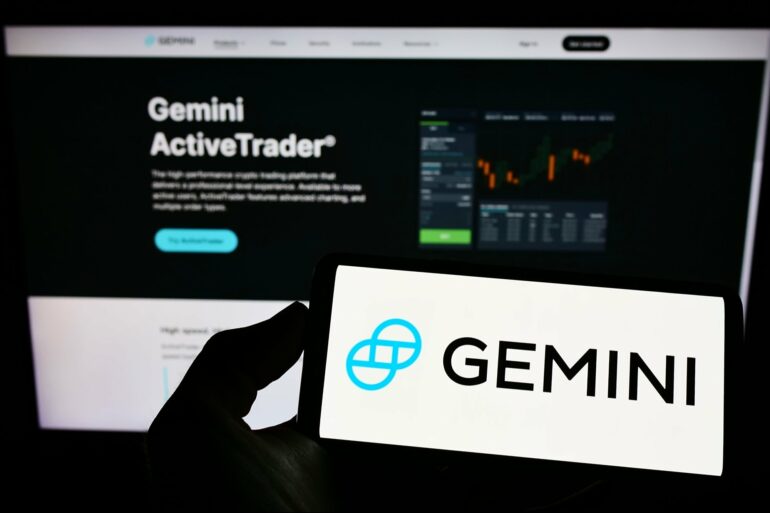- Crypto exchange Gemini has selected Singapore to serve as the hub for its operations in the Asia Pacific region.
- The Winklevoss-owned exchange plans to hire more than 100 employees for its Singapore office.
- The crypto exchange is also growing its engineering base in India and plans to hire key employees for the Gurgaon office.
Gemini Trust Company has announced its expansion plans for the Asia Pacific region, with Singapore to serve as its hub for APAC operations. The announcement comes just days after the crypto exchange’s announcement comes just days after its leadership team visited the region as part of their efforts dedicated to global expansion. The crypto exchange has identified APAC as a “great driver” of the next wave of growth for crypto and Gemini.
Gemini To Expand Engineering Operations In India
According to a blog post by Gemini earlier today, the crypto exchange plans to increase its headcount in Singapore by hiring more than 100 employees over the next 12 months. The exchange’s history with the country dates back to 2020 when it launched support for the Singapore Dollar (GSD) in order to provide Singapore residents with seamless access to the crypto market.
In addition to the Singapore hub, Gemini is also expanding its engineering operations in India with an office in the city of Gurgaon which will serve as the second largest engineering hub behind the United States. The Winklevoss-owned exchange is actively hiring software engineers and technical product managers for its Gurgaon office as well.
Our engineering, design, and operations teams in India will make significant contributions to the development of our next-generation web and mobile user experiences core platform fundamentals in the area of compliance, data pipelines and warehousing….”
Gemini’s latest developments in the Asia Pacific region are the result of a broader push for global expansion amid a rising crackdown in the United States. Last month, the crypto exchange announced Ireland as its hub to manage operations in Europe.
Source: Read Full Article

